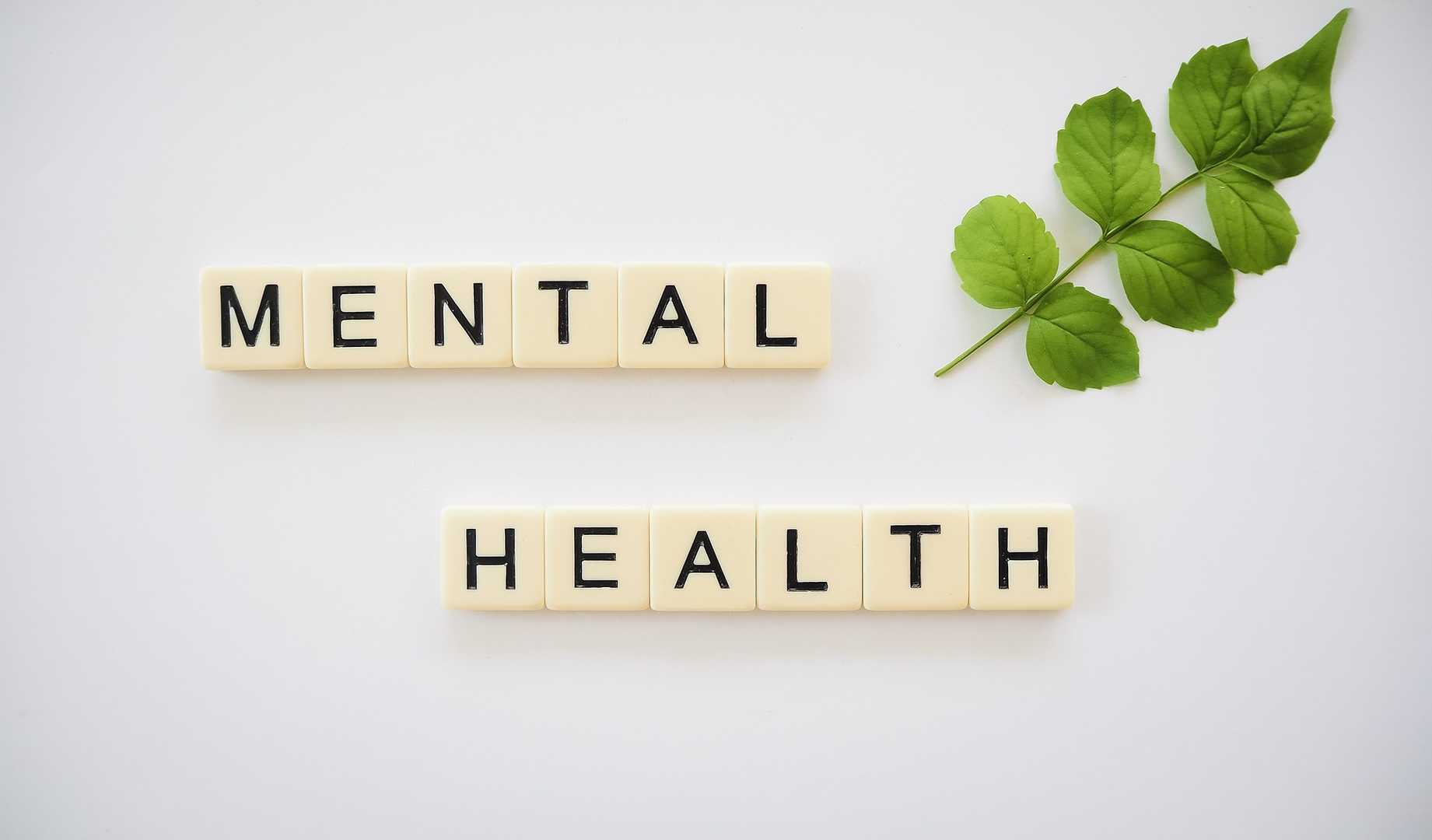Mental health issues affect millions of people around the world. Yet despite the prevalence of these conditions, there is still a significant amount of stigma and discrimination associated with mental illness. This can make it difficult for individuals to seek help and treatment, leading to a worsening of their symptoms and a decreased quality of life. In this article, we will explore the stigma surrounding mental health and ways to address it.
What is Mental Health Stigma?
Mental health stigma refers to negative attitudes, beliefs, and stereotypes that people hold about those with mental health conditions. This can include assumptions that people with mental illnesses are dangerous, unstable, or incompetent. Stigma can be experienced in many forms, including social exclusion, discrimination, and bullying. It can also prevent individuals from seeking treatment, as they may feel ashamed or embarrassed to discuss their symptoms.
The Effects of Mental Health Stigma
The stigma surrounding mental health can have severe consequences for those who experience it. Some of the negative effects of stigma include:
- Reduced access to treatment: Many people avoid seeking help for mental health conditions because they fear being judged or discriminated against. This can lead to delayed treatment, which can worsen symptoms and reduce the effectiveness of treatment.
- Social isolation: Stigma can cause people to withdraw from social interactions, leading to feelings of loneliness and isolation.
- Poor quality of life: The negative attitudes and beliefs associated with mental illness can cause people to feel ashamed or guilty about their condition, leading to a reduced quality of life.
- Employment discrimination: People with mental illnesses may face discrimination in the workplace, such as being denied job opportunities or promotions.
How to Address Mental Health Stigma
Addressing mental health stigma is essential to improving the lives of those who experience it. Here are some ways to address mental health stigma:
- Educate yourself: One of the most effective ways to combat stigma is to educate yourself about mental health conditions. This can help you understand the experiences of those with mental illnesses and challenge your own beliefs and biases.
- Speak out against stigma: When you hear someone making derogatory comments about mental illness, speak up and challenge their beliefs. This can help to reduce the prevalence of negative attitudes and beliefs in society.
- Share your own experiences: If you have experienced mental illness yourself, consider sharing your story with others. This can help to reduce the shame and stigma associated with mental illness and encourage others to seek help.
- Support mental health initiatives: There are many organizations working to reduce mental health stigma and provide support to those with mental illnesses. Consider supporting these initiatives through donations, volunteer work, or spreading the word about their work.
- Use positive language: The language we use to talk about mental illness can have a significant impact on how people perceive it. Use positive, non-judgmental language when discussing mental health issues.
Conclusion
Mental health stigma is a significant problem that can have severe consequences for those who experience it. By educating ourselves, speaking out against stigma, sharing our own experiences, supporting mental health initiatives, and using positive language, we can help to reduce the prevalence of stigma and discrimination associated with mental illness. Together, we can create a more supportive and inclusive society for all.



